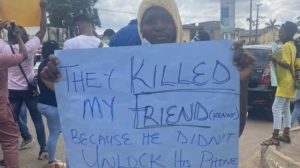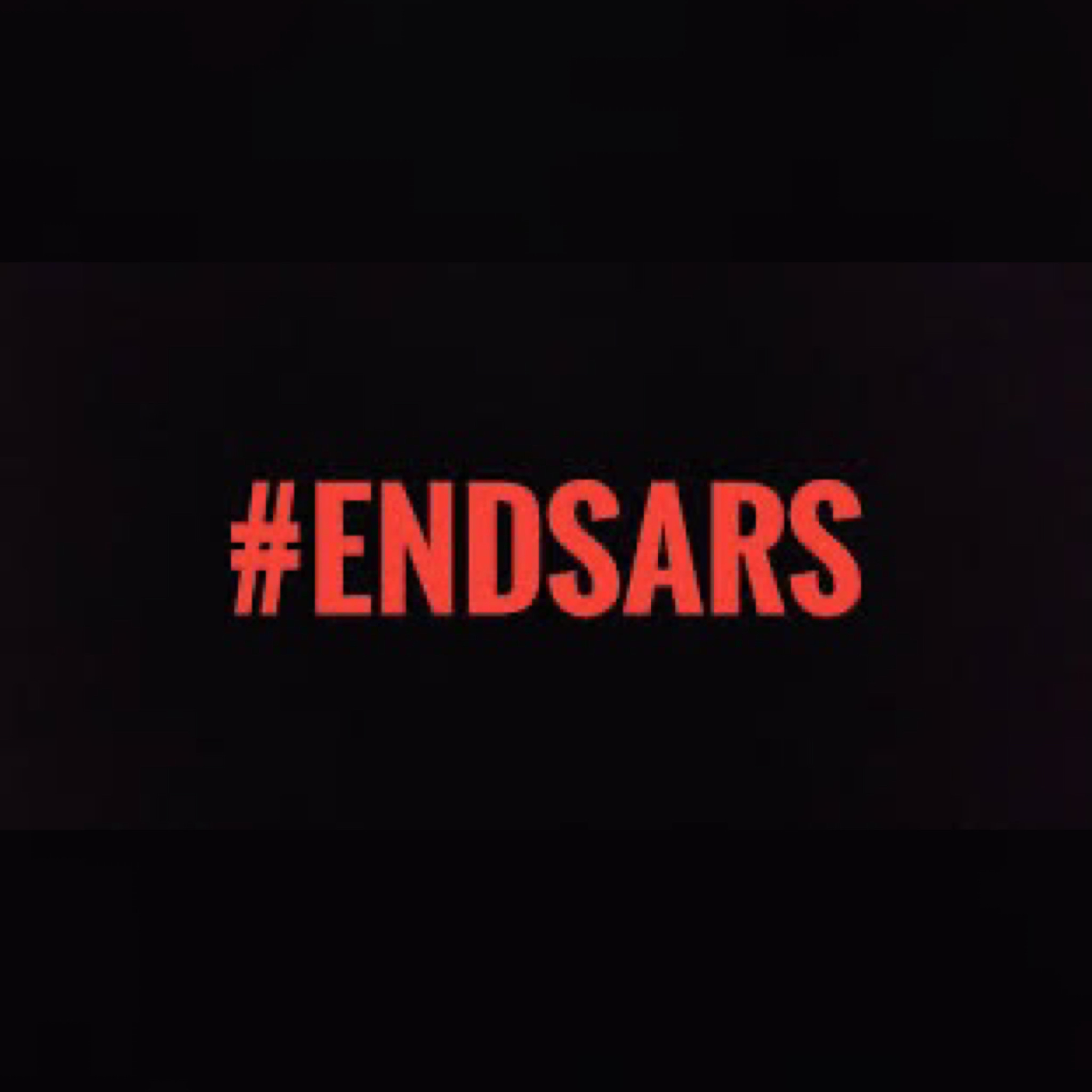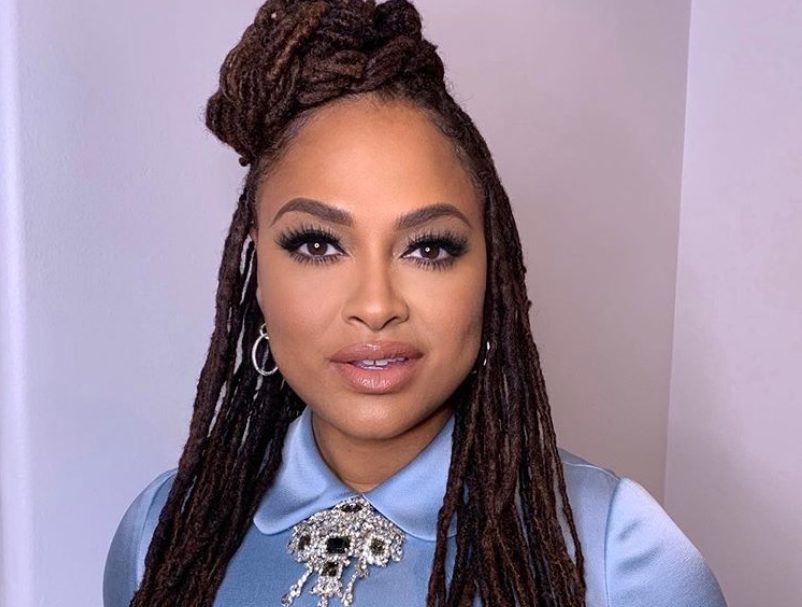Nigeria’s top celebrities and activists have organized protests to fight prevalent police brutality in their country.
According to CNN, on Friday, protesters across major cities of Nigeria took place following weeks of anger and outrage. Citizens claim the Special Anti Robbery Squad (SARS) are kidnapping, harassing, and extorting Nigerian residents.
Attorney and singer Folarin Falana spearheaded the protest in Lagos Island on Thursday. Top leading female performer Tiwa Savage also joined.
Falana felt it was vital that he be included in Thursday’s march, saying there have been “too many numerous incidents of harassment, extortion and police brutality,” he also claims he has been a victim of SARS harassment.
“People have been posting online about it for years, but it has been the same sluggish attitude and response to it. Nothing has changed, and people keep on being harassed. That’s why we have taken to the streets, and we want the government to listen,” he said.
He continued, “I am marching for the ones that are not recognized. We are surprised by the numbers that came out, and we are prepared to march again.”
On the mainland of Largos, protests were also taking place on Thursday. Outside the Lagos State Assembly, protesters were seen and heard carrying placards while chanting, “End SARS.”
On the third consecutive night of demonstrations, comedian Debo Adebayo AKA Mr. Macaroni led a protest vigil in Alausa, Lagos. Video footage uploaded to Twitter shows officers forcefully clearing out protesters, taking down sleeping tents, turning on street lights, and saying verbal threats, CNN reports.
Apparently, the outrage resulted in Nigeria’s police force banning stop-and-search seizures by SARS.
The new ban says the unit is prohibited from “carrying out routine patrols and other conventional low-risk duties — stop and search duties, checkpoints, mounting of roadblocks, traffic checks, etc. — with immediate effect,” Nigeria police chief Mohammed Adamu said in his Sunday statement.
“Voices and complaints on the issues of unprofessional conduct by some SARS operatives have been heard very loudly and clearly,” the statement read.
An emergency session took place on Friday. Protesters use that time to make their demands to the assembly, “There are many demands, but the main one is to scrap SARS, not to reform it but to end it completely. Another demand is compensation for victims of SARS brutality, both alive and dead. We also want a committee that will investigate and look into the present and past grievances around SARS brutality, ” protester Feyikemi Abudu told the news publication.
Abudu has raised 1.3 million nairas (equivalent to about $3,390 US dollars) to get food and have medical treatment provided to protesters who get injured during protests.
This has been an ongoing problem for Nigeria. In 2018, the police censured the SARS unit when Nigeria’s Vice President Yemi Osinbajo ordered SARS to be overhauled. Another ban followed in January 2019. However, the human rights organization Amnesty Nigeria says despite these bans, not much is different.
“A similar ban on SARS did not end police brutality because it appeared the bans were simply done to assuage the swelling public anger at the time of the announcement and not intended to end police brutality,” Amnesty Nigeria’s program manager, Seun Bakare, said.




